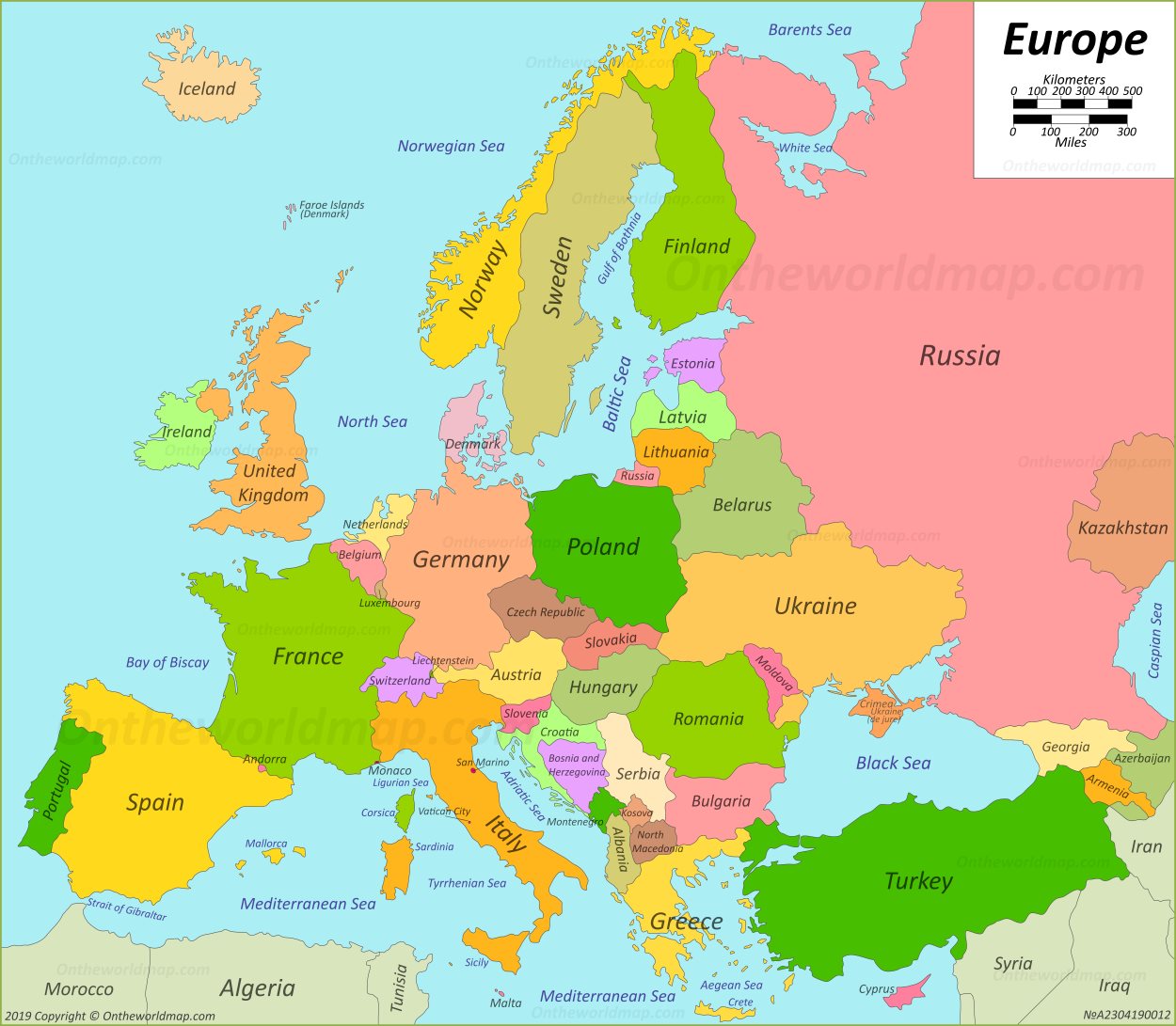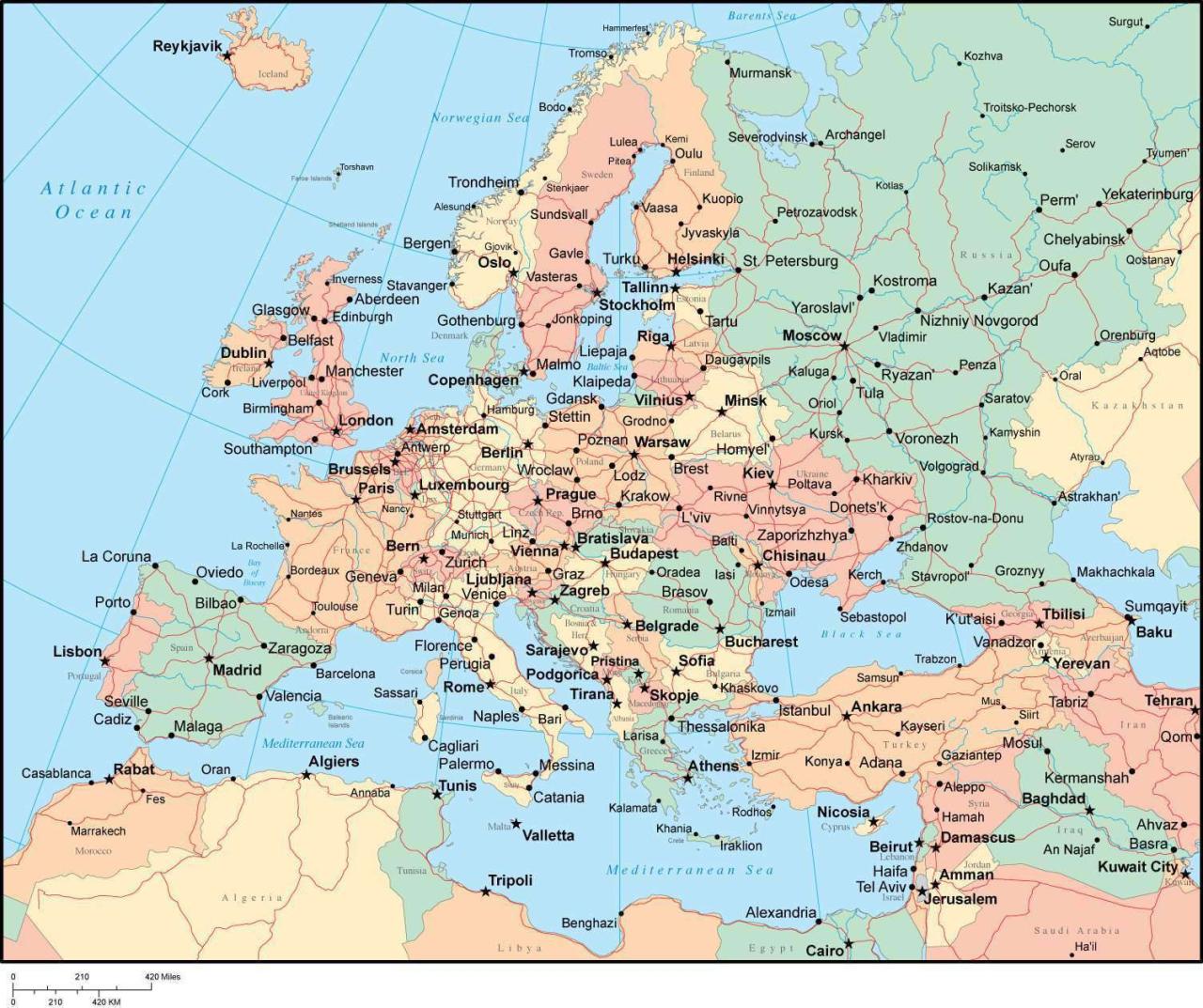Continent north of africa crossword – Embark on an enlightening journey through the continent north of Africa, where the crossword puzzle of Europe unfolds, revealing a captivating tapestry of history, culture, and geographical intrigue. From the sun-kissed shores of the Mediterranean Sea to the vibrant cities and ancient ruins that dot its landscape, Europe beckons with its timeless allure.
This continent, a crossroads of civilizations and a melting pot of cultures, has witnessed the rise and fall of empires, the birth of groundbreaking ideas, and the flourishing of artistic masterpieces. As we delve into its enigmatic depths, we’ll uncover the stories etched in its ancient stones, explore its diverse cultural expressions, and unravel the economic and environmental challenges that shape its present and future.
Geographical Context: Continent North Of Africa Crossword
The continent north of Africa, known as Europe, is located in the Northern Hemisphere and is bordered by the Mediterranean Sea to the south. The Mediterranean Sea is a major body of water that separates Europe from Africa and connects the Atlantic Ocean to the east.
Countries of Europe, Continent north of africa crossword
Europe consists of 50 countries, each with its own unique culture, history, and government. The following table lists the countries of Europe and their respective capitals:| Country | Capital ||—|—|| Albania | Tirana || Andorra | Andorra la Vella || Austria | Vienna || Belarus | Minsk || Belgium | Brussels || Bosnia and Herzegovina | Sarajevo || Bulgaria | Sofia || Croatia | Zagreb || Cyprus | Nicosia || Czech Republic | Prague || Denmark | Copenhagen || Estonia | Tallinn || Finland | Helsinki || France | Paris || Germany | Berlin || Greece | Athens || Hungary | Budapest || Iceland | Reykjavik || Ireland | Dublin || Italy | Rome || Kosovo | Pristina || Latvia | Riga || Liechtenstein | Vaduz || Lithuania | Vilnius || Luxembourg | Luxembourg || Malta | Valletta || Moldova | Chisinau || Monaco | Monaco || Montenegro | Podgorica || Netherlands | Amsterdam || North Macedonia | Skopje || Norway | Oslo || Poland | Warsaw || Portugal | Lisbon || Romania | Bucharest || Russia | Moscow || San Marino | San Marino || Serbia | Belgrade || Slovakia | Bratislava || Slovenia | Ljubljana || Spain | Madrid || Sweden | Stockholm || Switzerland | Bern || Turkey | Ankara || Ukraine | Kyiv || United Kingdom | London || Vatican City | Vatican City |
Historical Significance
The continent north of Africa has played a pivotal role as a crossroads for trade and cultural exchange throughout history. Its strategic location, connecting the Mediterranean Sea to the Indian Ocean, has facilitated the movement of goods, ideas, and people for centuries.
Ancient civilizations flourished in this region, leaving behind a rich legacy of cultural and architectural achievements. These include the ancient Egyptians, whose civilization flourished along the Nile River, and the Phoenicians, who established a maritime empire that spanned the Mediterranean Sea.
Ancient Civilizations
- Ancient Egypt: The ancient Egyptians developed a sophisticated civilization characterized by its monumental architecture, hieroglyphic writing system, and advanced knowledge of astronomy and mathematics.
- Phoenicians: The Phoenicians were a seafaring people who established a maritime empire that extended from the eastern Mediterranean to the Atlantic Ocean. They were renowned for their shipbuilding skills and their alphabet, which became the basis for many modern alphabets.
Cultural Diversity

The continent north of Africa boasts a rich tapestry of diverse cultures and languages, reflecting the region’s complex history and geographical diversity. This cultural mosaic is a vibrant testament to the continent’s enduring human heritage.
The region’s languages belong to various language families, including Afro-Asiatic, Nilo-Saharan, and Niger-Congo. This linguistic diversity reflects the long-standing interactions between different ethnic groups and the influence of historical migrations and trade.
Major Religions
The continent is home to a multitude of religions, each with its unique beliefs and practices. The major religions include:
- Christianity
- Islam
- Traditional African religions
- Hinduism
- Buddhism
The coexistence of these diverse faiths has shaped the region’s cultural landscape, contributing to its rich spiritual traditions and fostering a sense of religious tolerance and understanding.
Economic Landscape

The continent north of Africa boasts a diverse economic landscape, marked by both strengths and challenges. Its economy is driven by a mix of industries, natural resources, and trade.
One of the key economic strengths of the continent is its vast natural resources. The region is home to abundant reserves of oil, gas, minerals, and precious metals. These resources have played a significant role in fueling economic growth and development in many countries.
Key Industries
The continent’s economy is also supported by a range of industries. These include agriculture, manufacturing, tourism, and services. Agriculture remains a vital sector, employing a large proportion of the workforce and contributing significantly to GDP. Manufacturing has also grown in importance, with countries developing industries in sectors such as textiles, food processing, and pharmaceuticals.
Challenges
Despite its economic strengths, the continent also faces several challenges. These include poverty, inequality, and political instability. Poverty remains a persistent issue, with a significant portion of the population living below the poverty line. Inequality is also a concern, as the gap between the rich and the poor continues to widen in many countries.
Environmental Considerations
The continent is home to a diverse array of ecosystems, including lush rainforests, sprawling savannas, and arid deserts. Its biodiversity is equally impressive, with a wide range of endemic species found nowhere else on Earth.
However, the region faces significant environmental challenges, including deforestation, habitat loss, and climate change. Conservation efforts are underway to protect the continent’s natural heritage, but much more needs to be done to ensure the long-term sustainability of its ecosystems.
Deforestation
Deforestation is a major threat to the continent’s environment. The clearing of forests for agriculture, logging, and other purposes has resulted in the loss of vast areas of habitat, which has had a devastating impact on wildlife populations.
- Between 2000 and 2010, the continent lost an estimated 10% of its forest cover.
- Deforestation is a major contributor to climate change, as forests play a vital role in absorbing carbon dioxide from the atmosphere.
Habitat Loss
Habitat loss is another major threat to the continent’s wildlife. The conversion of natural habitats to agricultural land, urban development, and other uses has resulted in the fragmentation of wildlife populations and the loss of critical breeding and feeding grounds.
- Habitat loss is a major factor in the decline of many species, including elephants, lions, and rhinos.
- Habitat loss can also lead to increased conflict between humans and wildlife, as animals are forced to move into closer proximity to human settlements in search of food and shelter.
Climate Change
Climate change is a major threat to the continent’s environment and its people. The region is already experiencing the effects of climate change, including rising temperatures, more frequent and severe droughts, and changes in precipitation patterns.
- Climate change is likely to have a significant impact on the continent’s ecosystems, including its forests, savannas, and deserts.
- Climate change is also likely to lead to increased food insecurity and water scarcity, which will have a devastating impact on the continent’s human population.
Frequently Asked Questions
What is the continent north of Africa?
Europe
What is the largest country in Europe?
Russia
What is the most populous country in Europe?
Russia
What is the official currency of Europe?
Euro (in the Eurozone)
What is the most visited country in Europe?
France